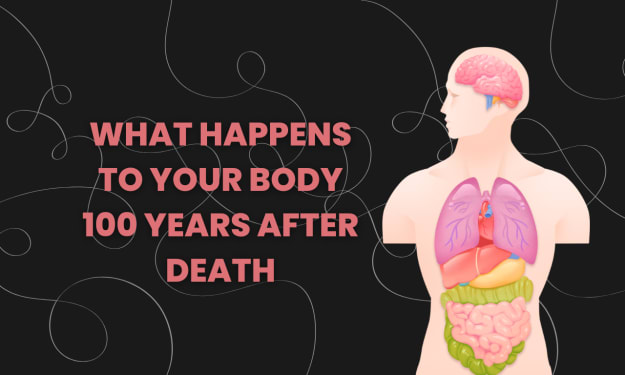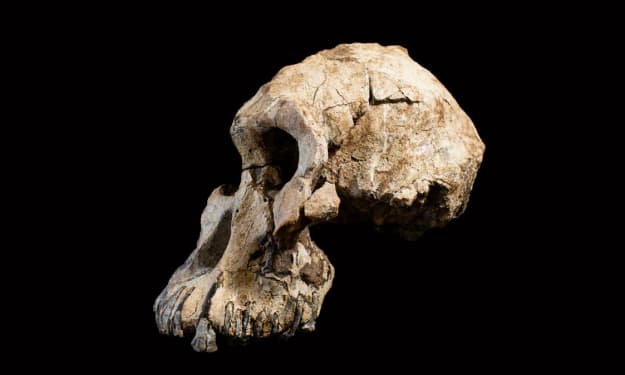How does memory works
How does memory work? And how does… un-memory work? Our brain does a lot of remembering and forgetting every day, so you should probably make room for some info on how it works. You’ll also get to meet some people who can’t make memories, and also never forget anything.

In the realm of cognition, the human brain remains an uncharted frontier, giving rise to questions that tantalize and intrigue. Among these inquiries, the nature of memory has been a subject of fascination for generations. As we delve into the labyrinthine corridors of memory, we uncover theories that offer us a glimpse into the intricate workings of our minds.
Sherlock Holmes, the iconic detective, likened the brain to an attic with finite space, suggesting that excessive clutter would hinder the storage of vital information. Though a literary analogy, this idea draws us into a contemplation of the potential limitations of memory. It prompts us to wonder: Do our memories indeed have a cap, akin to the storage capacity of a computer, or is the repository of our memories boundless? Furthermore, what if we possessed perfect memory, retaining every experience in exquisite detail?
In our quest for understanding, modern science has dismantled some myths about memory. It reveals that memory is not confined to a single location in the brain; rather, it is an intricate web woven across various regions. A memory is not a concrete entity lodged within a single neuron, but an orchestrated symphony of interconnected neurons. The visual metaphor of stacked glowing spheres in the film "Inside Out" captures the imagination, but the reality is a dynamic interplay of neural connections.
A pivotal figure in memory research was a patient known only by initials: H.M. His surgery in 1953 to alleviate epilepsy left him with a severe form of amnesia. While he retained pre-surgery memories, he was unable to form new ones. His condition offered insights into the hippocampus, the seahorse-shaped structure nestled within the brain, as a crucial player in memory formation. However, it also underscored that memories are not stored in a single location, challenging the notion of a singular memory bank.
How do our experiences transform into memories? Imagine a mouse navigating a maze. By observing the firing of neurons during this process, we can map the neural activity associated with the experience. Later, we witness the same pattern replayed during sleep, strengthening the connections between neurons—a process called consolidation. This mechanism, akin to rehearsal, enables the encoding of new memories into long-term storage.
Yet, the brain's memory creation process is not infallible. It allows us to mentally replay imagined scenarios with such vividness that they blur the line between reality and fiction. This phenomenon can lead to the formation of false memories, illustrating the malleability of our recollections. The detective's art of questioning may inadvertently implant a fabricated memory in a witness's mind.
Forgetting, paradoxically, is a critical function of memory. It clears away unnecessary clutter, making space for relevant information. Three types of forgetting exist: passive obliviscence, where memories fade over time; interference, where the reuse of neurons disrupts the original memory; and motivated forgetting, where our brain intentionally suppresses distressing memories. This multifaceted process ensures that our mental attic remains organized and efficient.
Rare cases like Jill Price, who possesses hyperthymesia, a condition of nearly perfect recall, offer us glimpses into the potential of memory. However, the blessing of remembering every detail can also be a burden, as regretful moments remain etched in the mind.
Erasing memories remains a tantalizing idea, with fiction depicting techniques like electroconvulsive therapy. While science has not yet provided a scalpel-like approach to selective memory erasure, the complexities of memory's mechanisms underscore its vital role in our lives. Forgetting enables us to move beyond traumatic events, shed outdated information, and maintain mental equilibrium.
Our brain's capacity to forget is no accident; it's a finely tuned mechanism that ensures our cognitive wellbeing. In a world awash with sensory input, we need the power to discard what no longer serves us, just as much as we need the capacity to remember what does. The dance between memory and forgetting is the choreography of life, and understanding it is an ongoing endeavor that resonates with the human quest for knowledge and self-discovery.





Comments
There are no comments for this story
Be the first to respond and start the conversation.